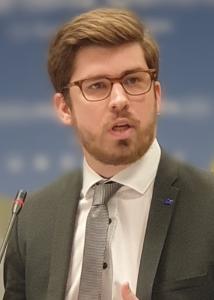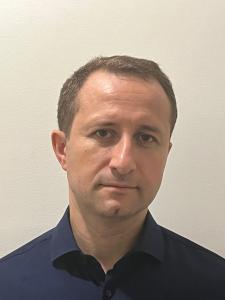Der vollständige Bericht ist aktuell nur auf Englisch verfügbar.
Bereitgestellt von
Multinationaler Entwicklungsdialog Brüssel
Über diese Reihe
Die Konrad-Adenauer-Stiftung ist in rund 110 Ländern auf fünf Kontinenten mit einem eigenen Büro vertreten. Die Auslandsmitarbeiter vor Ort können aus erster Hand über aktuelle Ereignisse und langfristige Entwicklungen in ihrem Einsatzland berichten. In den "Länderberichten" bieten sie den Nutzern der Webseite der Konrad-Adenauer-Stiftung exklusiv Analysen, Hintergrundinformationen und Einschätzungen.




